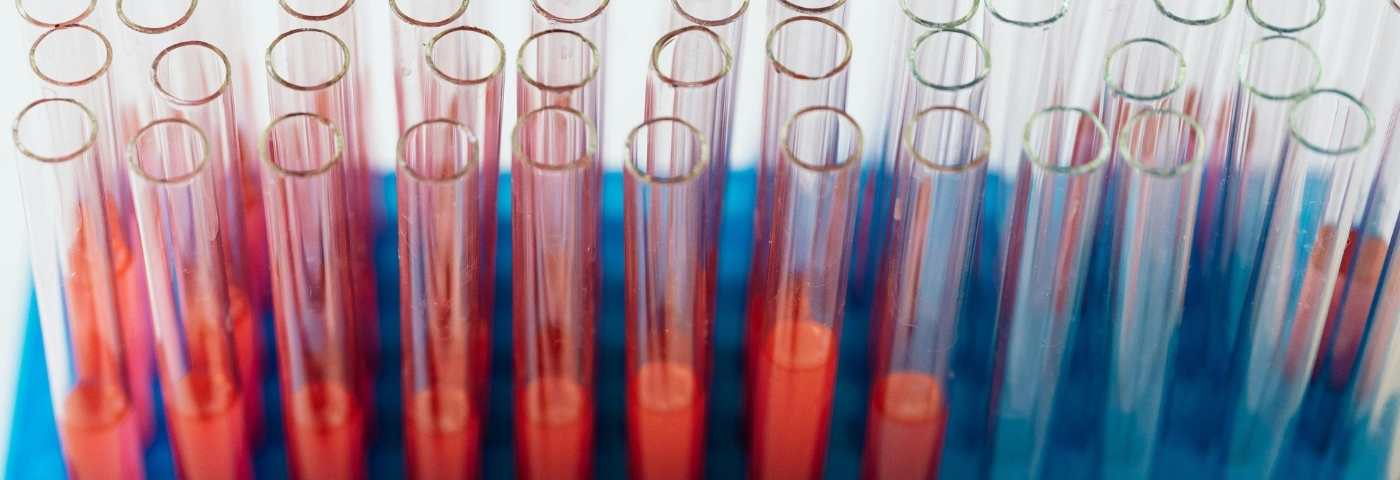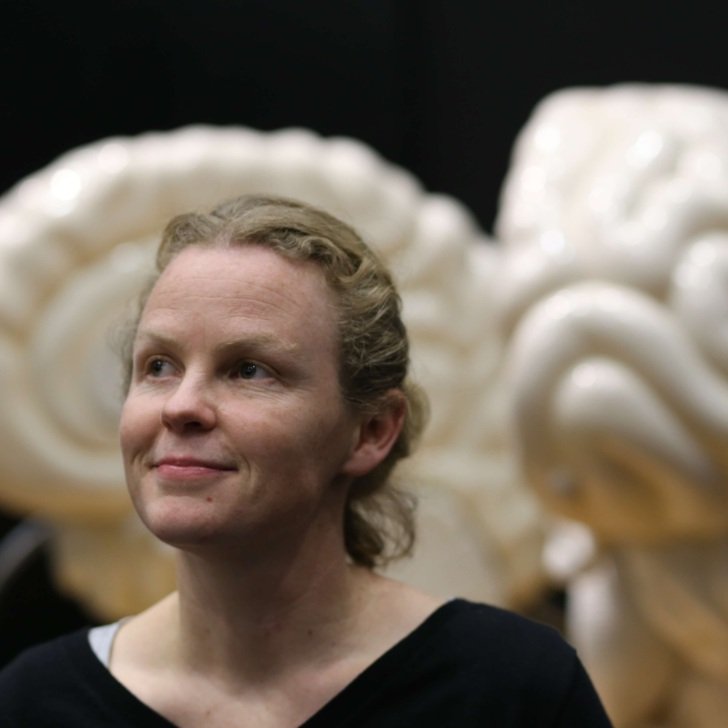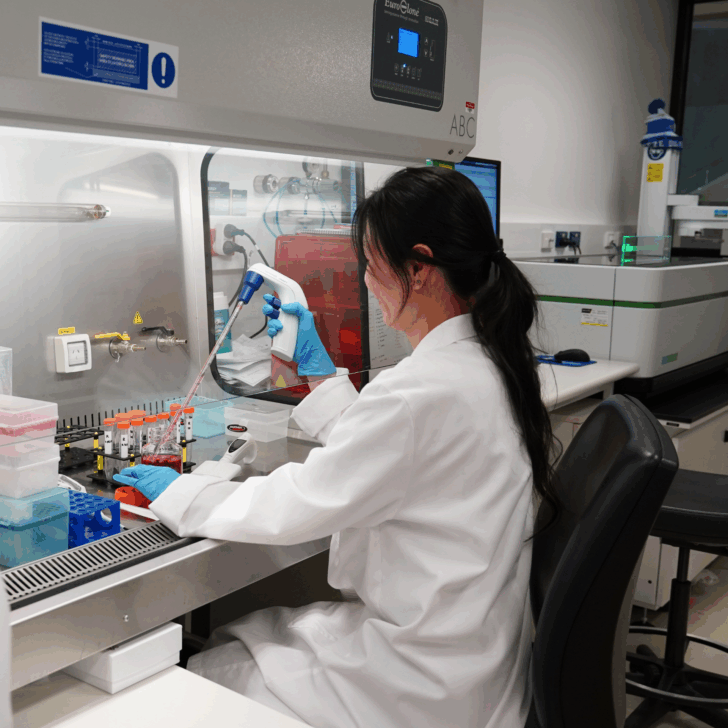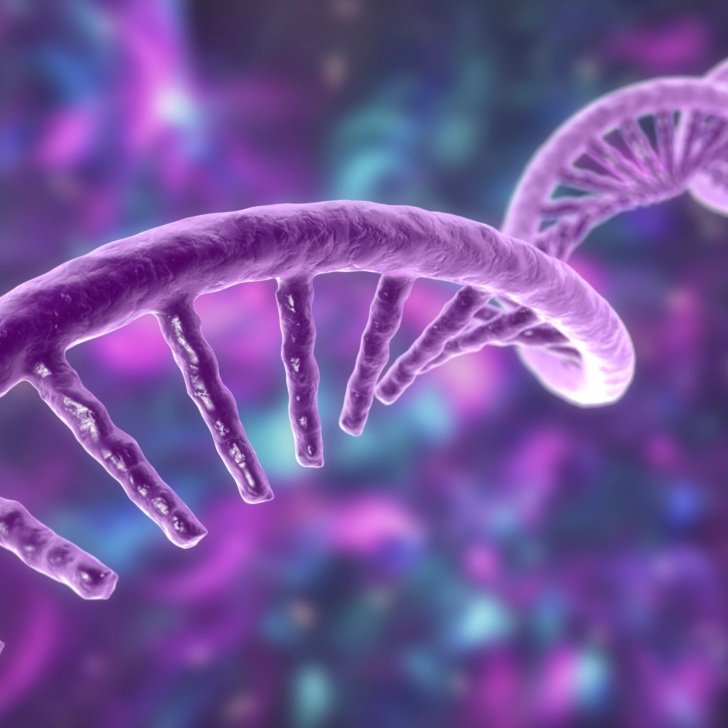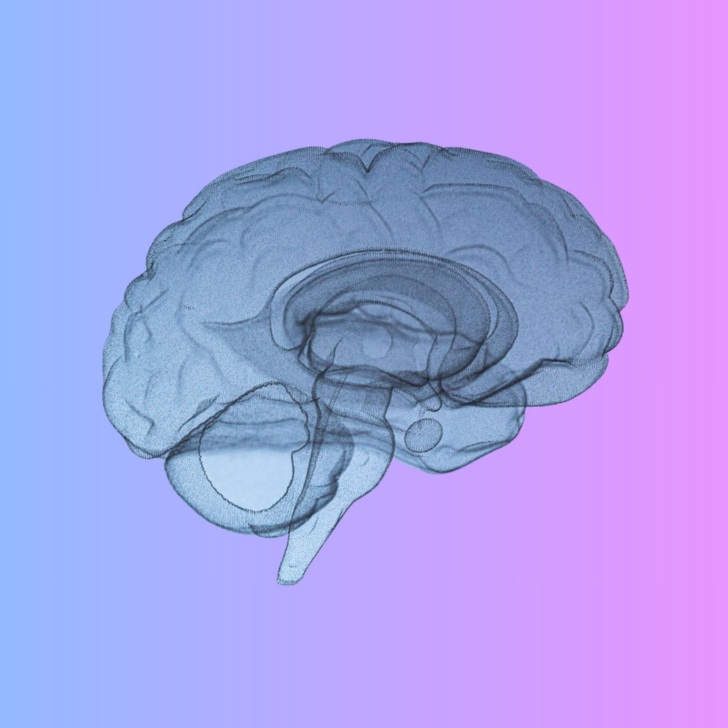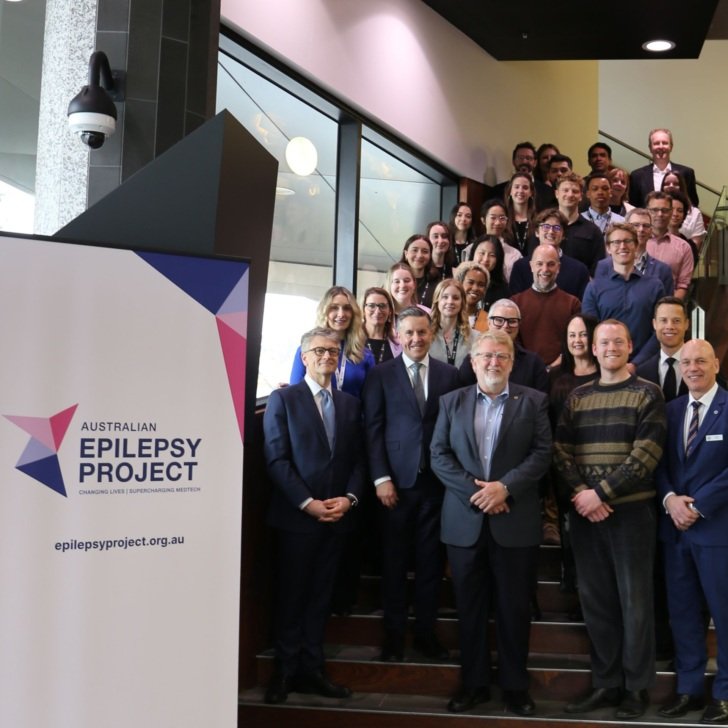- Alzheimer’s disease is characterised by the accumulation of amyloid-beta (Aβ) and tangled tau proteins.
- Florey researchers have discovered that monocytes, a type of circulating white blood cell, migrate into the cerebrospinal fluid (CSF) that surrounds the brain, to “gobble up” brain Abeta.
- They then travel to peripheral lymphatic and vascular systems where Aβ is ultimately cleared from the body.
- The researchers discovered that monocytes migrate from the blood into cerebrospinal fluid (CSF), “gobbling up” brain Aβ, then leave the central nervous system (CNS) to travel to peripheral lymph nodes with Aβ.
Mobile white blood cells could help fight Alzheimer’s disease
Florey researchers have made a startling discovery: Monocytes, a type of mobile white blood cell, can help clean up plaque-causing amyloid-beta (Aβ) throughout the body.
Aβ accumulates in the brains of people with Alzheimer’s disease.
Previous research has shown that immune cells that reside in the brain – called microglial cells – can clean up Aβ.

Florey researcher Dr Xin Huang led a new study, published in Nature Communications, which found that monocytes can also clear Aβ from the brain.
For the first time, we observed that monocytes can migrate from the blood circulation into cerebrospinal fluid, and then back to the circulation and peripheral lymph nodes.
“We found that participants in AIBL* who had mild cognitive impairment and Alzheimer’s disease had much lower levels of Aβ on the surface of their blood monocytes compared with people of similar age without cognitive impairment. This suggests that, in people with Alzheimer’s, less Aβ is being cleared away,” Dr Huang said.
Importantly, these findings could open new avenues for treatment in Alzheimer’s disease.
We will continue to explore how to activate monocytes to more effectively gobble up neurotoxic accumulations in the brains of people with Alzheimer’s disease.
*AIBL is the Australian Imaging Biomarkers and Lifestyle study, which collects biospecimens, brain images, clinical, cognitive and lifestyle data to further our understanding of Alzheimer’s disease.
